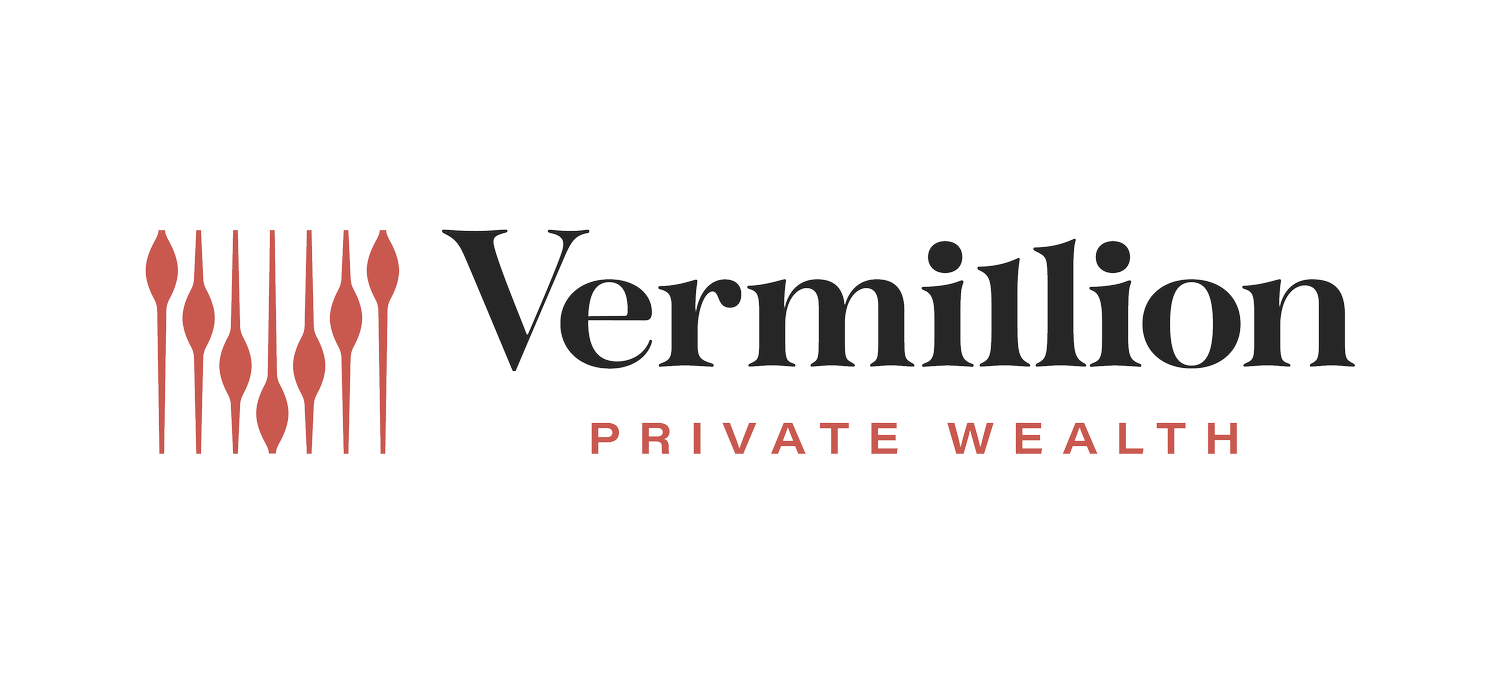The Insights of the Planning Process: More Than Just a Financial Plan
Do you know someone who is trying to get in better physical shape? Maybe they’ve spent months researching various workout regimens and diets but haven’t taken any meaningful action. Perhaps they’ve even created a comprehensive plan to lose those extra pounds and improve their overall health. Until they take action though, the plan is just a plan, many of which fade into oblivion despite well-meaning intentions.
Financial wellness works similarly. Sometimes a plan is a physical item, perhaps a binder filled with pages of charts, goals, analysis, assumptions, and more. I’ve seen plans that are hundreds of pages long; I’ve even created a few. Entire governments were designed in fewer pages. I imagine most of these stacks of paper sit on a shelf or in a drawer until tossed in the garbage or shredded years later. Plans of that size can be overwhelming and intimidating, and lack actionable items.
The more I’ve talked with clients, experienced financial events myself, and worked with other advisors, the more I’ve realized that most of the value isn’t in the plan itself; it’s in the planning process.
Align Values and Finances
It’s easier not to think about money (in the short term anyway). Money talk can be stress-inducing, as can envisioning the future in general. Since we have minimal information about the future, we’re throwing darts at a board of possible outcomes. It doesn’t have to be this way, though. We don’t have to try to predict every life event. We can acknowledge that there will be surprises, big and small, good and bad. That’s what makes life special.
Another way to approach planning is to discuss your values and goals. It’s not just about finding your retirement “number” and backing into a plan. Life by spreadsheet isn’t a way to live.
Instead, have discussions about what you are living for. What excites you? What do you genuinely enjoy? These discussions help ensure that your financial plan makes your life more fulfilling. The goal isn’t to die the richest; it’s to live the most prosperous life.
Adjust Course as Needed
I was in the Air Force before jumping to finance, so I have a lot of pilot friends. Each time they fly, a great deal of preparation goes into flight planning. The crew charts the course from their starting location to their destination. They check the weather forecast and ensure they’re aware of alternate airports in case of an emergency.
Despite considering many variables, sometimes the plan goes to shit. Weather forecasters are wrong. Parts break. Pilots make mistakes (though they never admit it). Wouldn’t it be strange for a pilot to continue on the planned path even if the engine was on fire? Sometimes plans change.
You may think your life is pretty mundane, with minimal variability. And maybe it has been, but I’d bet surprises are lurking around the corner. Don’t worry; these are often unexpected positive events. Life sometimes presents pleasant financial surprises despite our tendency to only consider the bad and the ugly, focusing on events that could derail our plan. It might be hard to believe now, especially if you’re experiencing hardship, but something unexpected could improve your financial situation down the road.
Whether positive or negative, notable changes require course adjustments. If your plan is sitting on a shelf somewhere or you don’t have regular conversations about your goals and values, you could end up with a flight plan to the wrong destination.
When my pilot buddies encounter unforeseen events in the sky, the fact they went through the planning process could be lifesaving. While they may not have predicted or planned for the actual emergency they’re faced with; the planning process provides the mental tools and flight skills required to deal with the situation at hand.
It’s not the plan; it’s the insights from the planning process.
Simplify
Investing is often explained in complex terms, hardly distinguishable from quantum physics to the layman. This vastly overcomplicated view of finance can be intimidating to someone trying to build their wealth. Luckily, many of these strategies prove ineffective at best. Simple (but not always easy) concepts like living within your means, investing for the future, and ignoring the noise are proven paths to financial success.
If you’re early in your wealth-building journey, simplification is especially valuable. The power of compounding is in front of you. Focusing on the basics creates a solid foundation to build on.
An aspiring fitness buff shouldn’t attempt to go directly from couch potato to Ironman. Such a leap would likely cause injuries or burnout, relegating them back to the couch and into old habits. Alternatively, they could start by doing what we know to increase physical health, advancing their training only when able and ready. Similarly, someone seeking to build wealth should begin with the basics like building an emergency fund and consistently contributing to retirement savings. Else, they too could face injury or burnout, financially speaking.
Financial planning is important, but don’t get too caught up in the resulting plan, it’s going to change. Embrace the process of thinking about your future but don’t expect it to stay on script. Be optimistic and steady, and finances can be empowering not anxiety-inducing.
